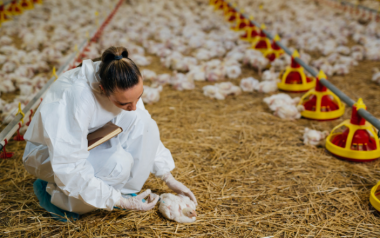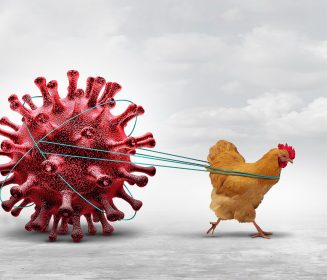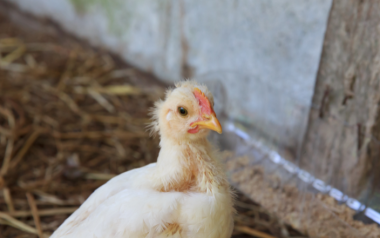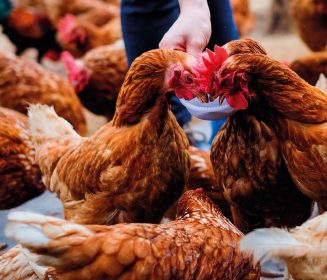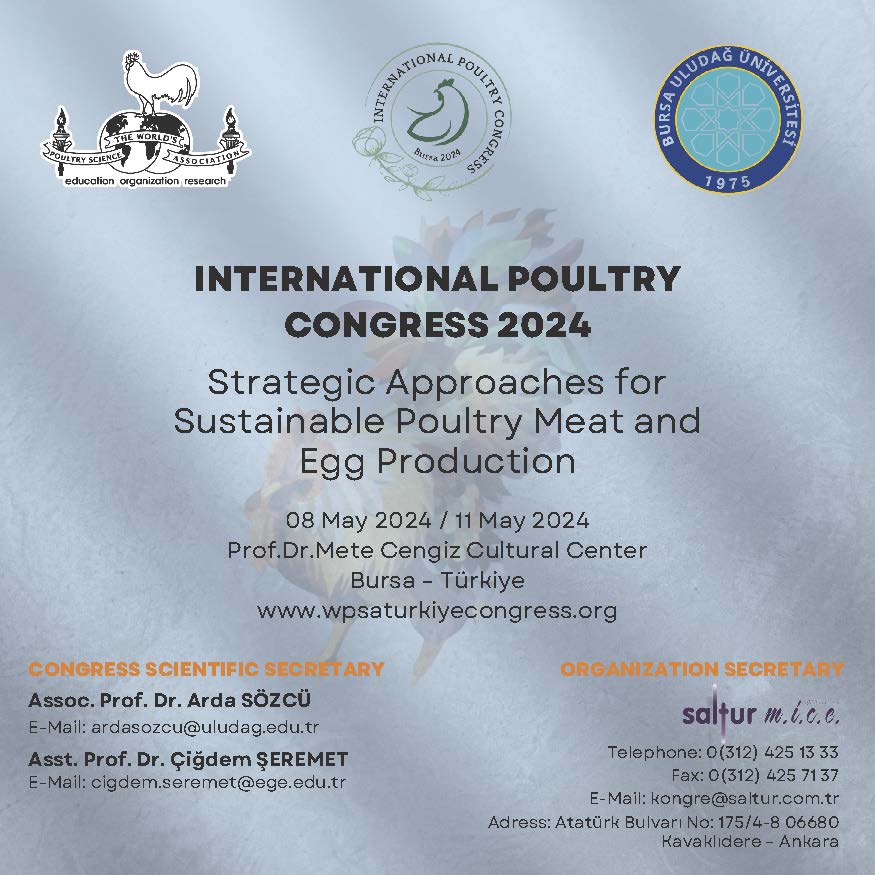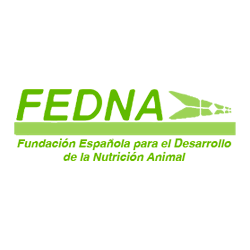Sources: Available upon request
Highly Pathogenic Avian Influenza detected in dairy cows in Texas
In a recent development, the specter of avian influenza has extended its reach beyond poultry, affecting dairy cattle in the United States. On March 26, 2024, authorities confirmed the presence of highly pathogenic avian influenza (commonly known as bird flu) in dairy cows in Texas.
In a recent development, the specter of avian influenza has extended its reach beyond poultry, affecting dairy cattle in the United States. On March 26, 2024, authorities confirmed the presence of highly pathogenic avian influenza (commonly known as bird flu) in dairy cows in Texas.
The Discovery
The news broke when the Texas Department of Agriculture received confirmation from the U.S. Secretary of Agriculture, Tom Vilsack, and the Animal and Plant Health Inspection Service (APHIS). The virus was identified in dairy establishments, specifically in three Texas dairies and one in Kansas. Unlike affected poultry, there is no need to cull the infected cows; it is expected that the cattle will fully recover, according to Texas Agriculture Commissioner Sid Miller.
Global Concerns
The global scientific community and health authorities have long been wary of avian influenza’s potential to mutate and cross species boundaries. While it primarily affects birds, the fear has always been that it could jump to mammals, including livestock and even humans. This recent detection of avian influenza in dairy cattle underscores those concerns.
Texas, a Dairy Powerhouse
Texas ranks fourth in milk production nationwide and remains a significant player in the dairy industry. The outbreak presents yet another challenge for the agricultural sector in the Texas Panhandle. Commissioner Sid Miller emphasized that safeguarding Texas producers and ensuring food supply chain security are top priorities. The Texas Department of Agriculture is closely monitoring the situation, deploying all available resources to maintain the high standards of quality and safety that define local agriculture.
No Threat to the Public
Commissioner Miller reassured consumers that rigorous safety measures and pasteurization protocols protect dairy products from avian influenza contamination. The dairy industry in Texas adheres to strict standards to ensure product safety. There is no threat to the public, and there will be no shortage of supply. Any contaminated milk has been promptly discarded, and the pasteurization process effectively neutralizes the virus.
Symptoms and Economic Impact
In affected cattle, symptoms resemble those of regular flu, including fever and thick, discolored milk. However, the economic impact extends beyond individual animals. The outbreak disrupts dairy operations, affecting milk production and potentially impacting prices. As authorities continue to monitor the situation, the dairy industry remains vigilant in safeguarding both its livestock and consumers.
In summary, while the detection of highly pathogenic avian influenza in dairy cows is concerning, swift action and stringent protocols are in place to mitigate its effects. Texas, with its robust dairy sector, is committed to maintaining safety and ensuring a stable food supply for its residents and beyond.





